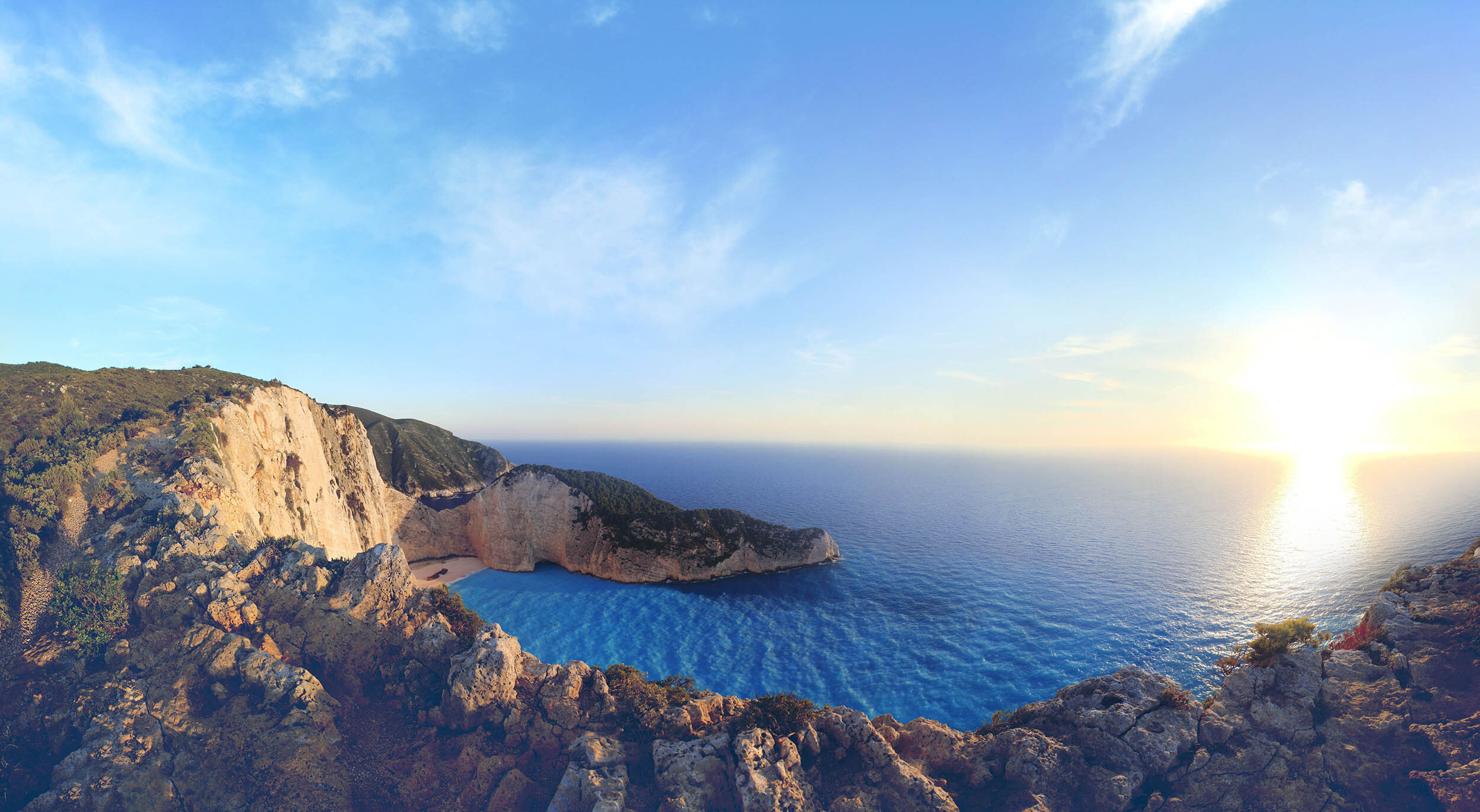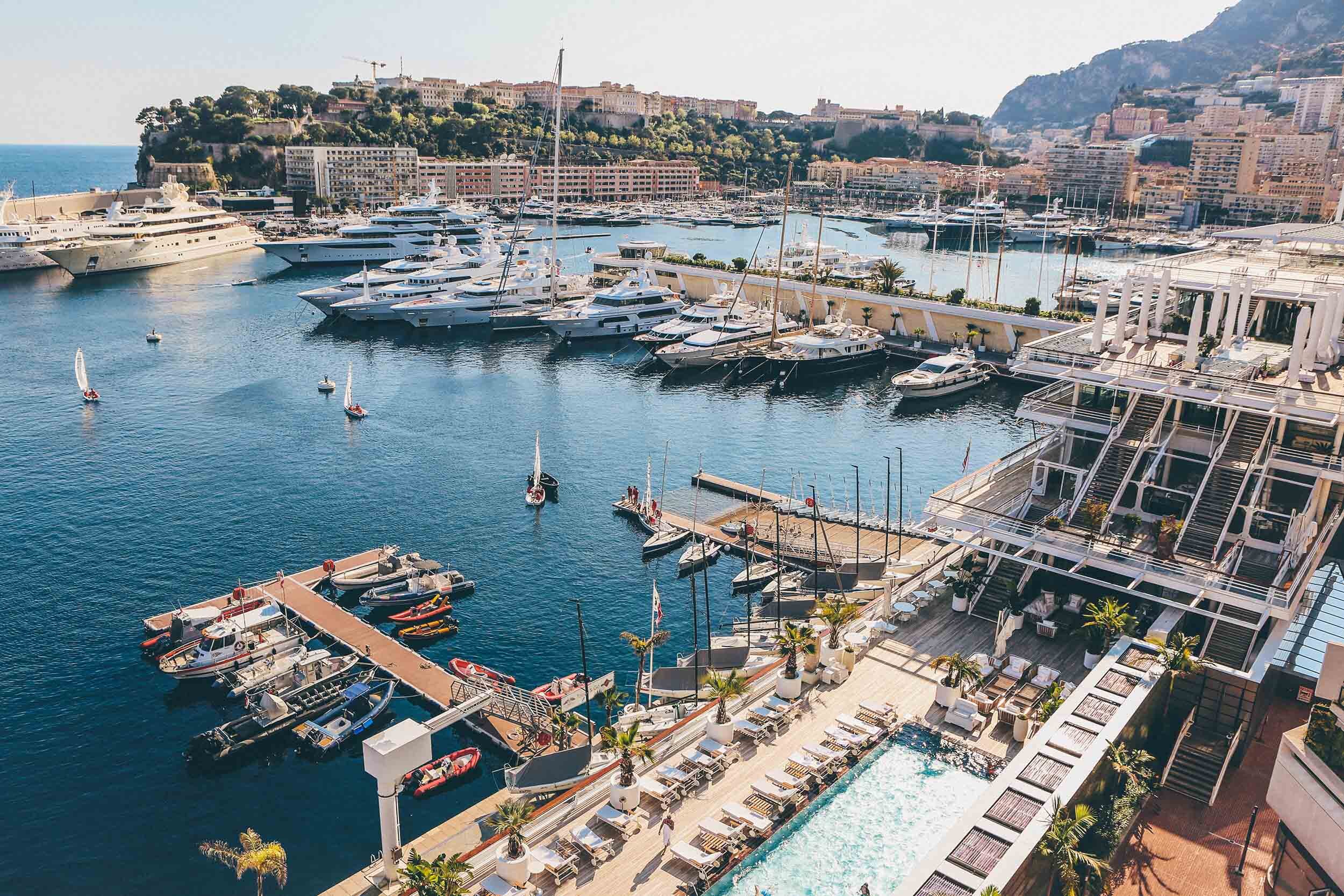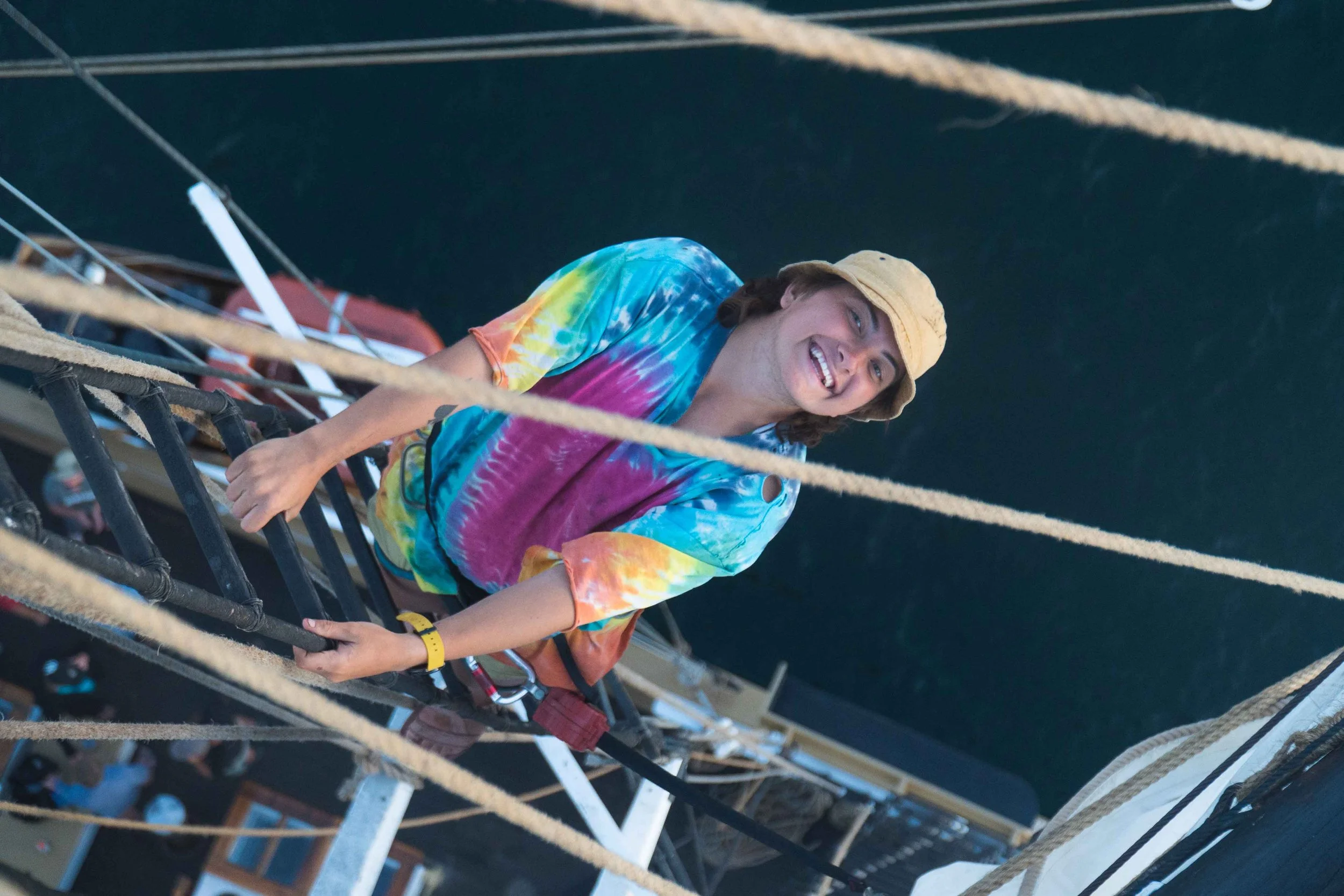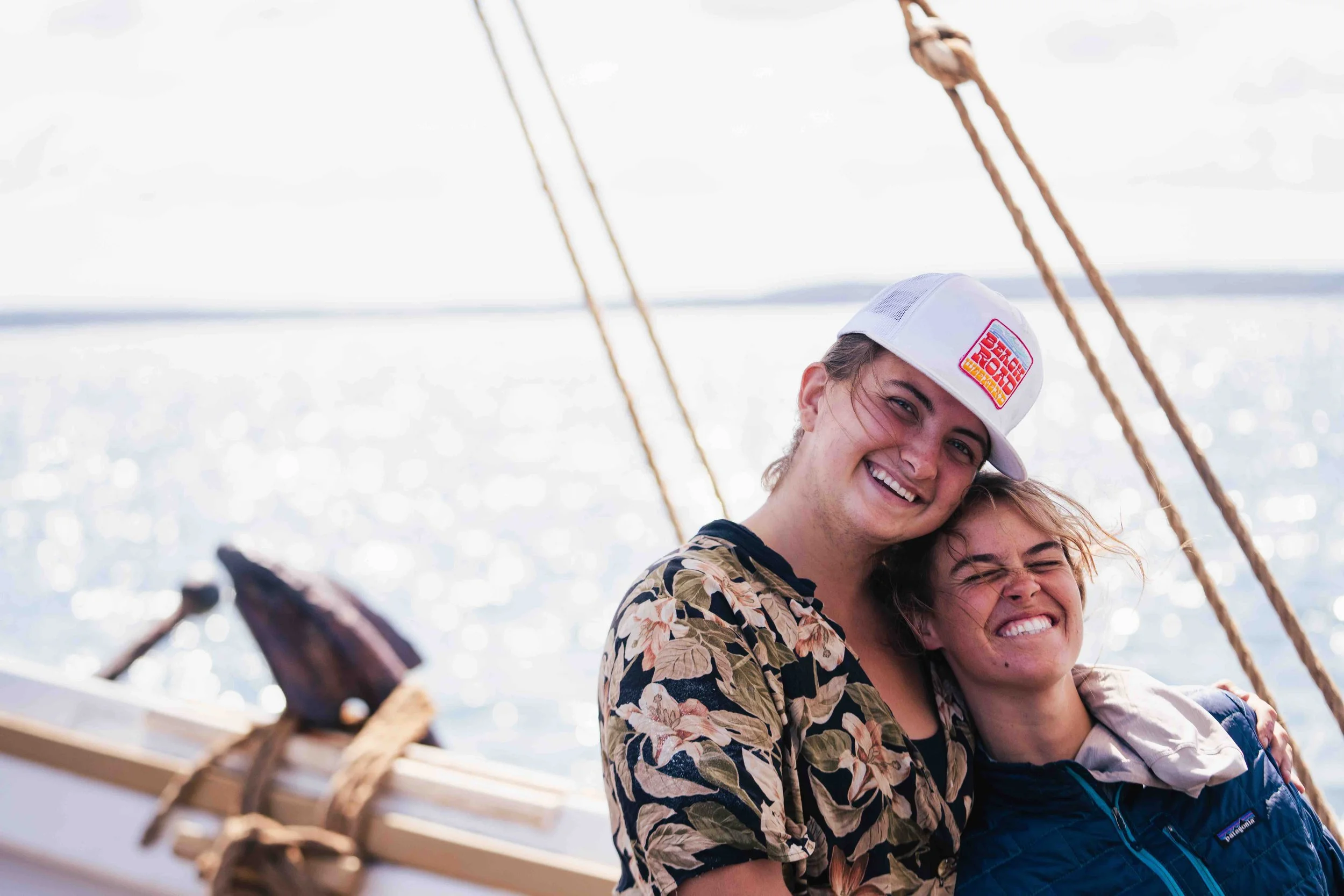
Semester Voyages (coming soon)
Ages 18+
Study Abroad and Gap-Year Voyages at Sea
Travel the World
See more of our planet in 3.5 months than most people see in a lifetime.
Learn to Sail
Build a bedrock of practical skills that will help you the rest of your life.
Prepare for Life
Develop your social and emotional intelligence, earn college credits, build confidence.
Help Launch Ocean Academy Semester Voyages

Voyage One
Fall 2026: Mediterranean to Caribbean Trans-Atlantic
14 Weeks
(Sample Itinerary)
Ports of Call
France
Nice, St. Tropez, Cannes, Corsica, Villefranche
Italy
Civitavecchia, Porto Venere, Rome, Elba, Sardinia
Spain
Minorca, Mallorca, Cartagena, Grenada, Gibraltar
Africa
Essaouira, Casablanca, Safi, Agadir
Mid-Atlantic
Canary Islands (Fuertaventura, Las Palmas), Cape Verde Islands
Caribbean
St. Vincent and the Grenadines, Martinique, Dominica, Nevis and Antigua, St. Maarten
The Route
Students join the ship in early September in Nice, France. Using the last warm weeks of the northern summer, we wind through French, Italian, and Spanish Mediterranean coastal towns. Students can acclimate to the ship with frequent stops in ports along the way. After passing through Gibraltar, we sail down the Morocco coast to the Canary Islands and the Cape Verdes. The most significant leg of the voyage is the 2,200 nautical mile crossing of the Atlantic from the Cape Verdes to the West Indies.
The students will learn while experiencing first-hand, relevant subject matter. For example, what creates the trade winds driving our sailing ship? And how have they impacted human history? The final weeks of the voyage will be spent exploring the delightful tropical islands of the Lesser Antilles in the Caribbean before the students fly home from St. Maarten.
Help Launch our Semester Voyages
Sample Courses
Leadership Development
4 Full-Semester Credits
Using the challenges of the close and dynamic environment aboard our ship students will progress through roles of amateur sailors, professional crew, watch leaders, and officers in order to develop their own potential as leaders. Peer-to-peer, group, and self evaluations will be a big part of this course as students explore first hand the most effective methods of leadership.
Seamanship and Navigation
4 Full-Semester Credits
This course is intended to create a foundation for mariner competency. All students that come through our program will complete this course while aboard our ship. In addition, students can receive their Standards of Training, Certification, and Watch-keeping (STCW-95), and Able Seaman certificate, credentials required for most professional mariner positions worldwide.
Weather is an integral aspect of successful voyage planning and execution. This course will build a macro understanding of global climate but also create an understanding of how to identify and foresee changing local weather events. Students will be learning about the weather they are experiencing as it shapes their daily lives aboard.
Weather and Climatology
4 Full-Semester Credits
Intro to Marine Biology
4 Full-Semester Credits
This course will introduce students, through observation, to marine biology. Students will learn about the diversity of marine organisms and the complicated environments that exist in the ocean. Biology, taxonomy, oceanography and ecology are all topics that will be introduced and explored. Local ecosystems and species observed will be emphasized as we journey through different seascapes.
This course will introduce students to the important concepts that help us understand Earth's oceans. Topics will range across biological, chemical, geological and physical oceanography. Ocean currents, wave production and fluid dynamics will all be taught with relation to sailing conditions. The material will be learned through lectures relevant to our experiences during our voyage.
Intro to Oceanography
4 Full-Semester Credits
Intro to Astronomy
4 Full-Semester Credits
Starting with a survey of the night sky and the daily motions of the stars and planets, this course explores our current understanding of the Universe. We trace the evolution of the tools of the astronomer and how those tools have led to our theories of the solar system, the life cycle of stars, the formation of elements, the formation of galaxies and the evolution of the universe.
All courses will be taught in an experiential framework aboard our ship. This hands-on, active approach to learning has proven to be more effective than conventional classroom teaching for all types of individual learning styles.

















